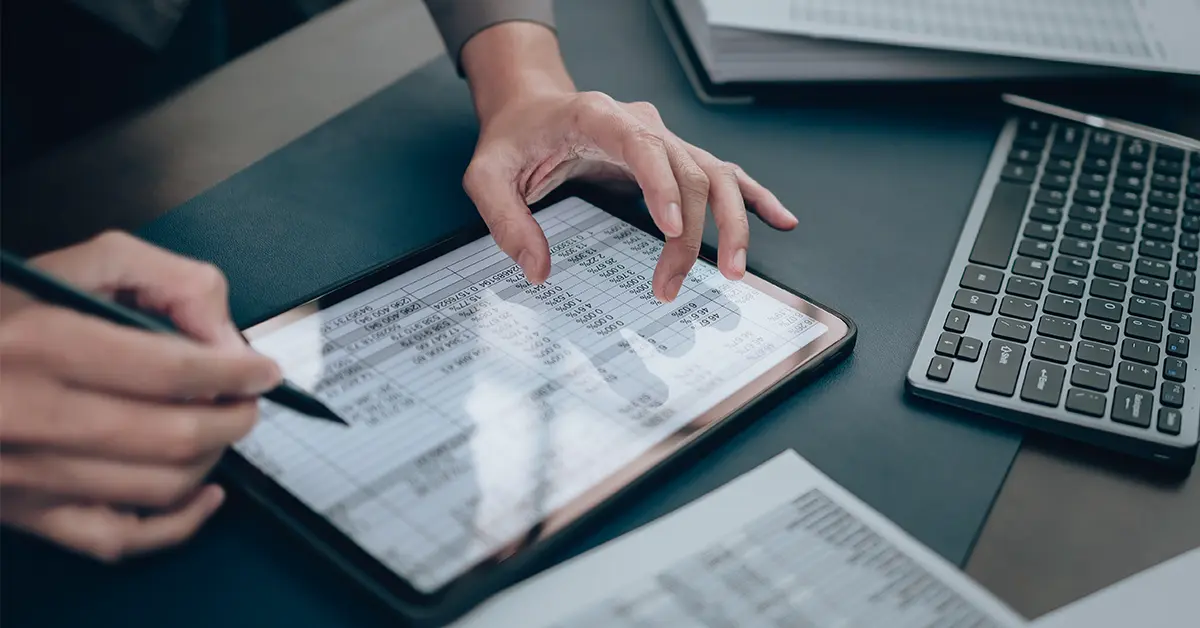Without a set study schedule in place that blocks out time in each day to dedicate to studying, you won’t know how many hours you should put in to comprehend the material and it will be easy to become distracted by other things.
I passed BEC in February 2016.
I did so by setting a realistic study schedule that consisted of a few hours per day during the work week, while utilizing the weekends for more extensive study time. I mainly studied for 2 hours Monday through Friday. Limiting my study time during the work week worked best for me because I also work full time as an auditor. Most days when I get home from work, I am already mentally drained. Taking just a few hours at the end of the day to review material or watch a lecture prevented me from getting overwhelmed or resenting the process altogether.
I was also able to retain what I studied because I did not allow myself to overdo it.
By not working on the weekends, the opportunity to study for extended periods of time was available to me. I would usually wake up early as if I were going to work and study anywhere from 5-6 hours on Saturdays and Sundays. I would usually be done by noon and could enjoy the rest of my day.
Ultimately, my study time amounted to around 20 hours per week for about 8 weeks, which worked best for me and my circumstances.
Being that I am a single parent living over 100 miles from my entire support system, I do not have the liberty to study for hours and hours in one sitting. Although I am able to put off cooking, doing the dishes, or folding laundry, some responsibilities I’m unable to neglect.
I began studying for BEC in December and took the exam the following February. Although it normally should not take this long to prepare for BEC, my study time was extended due to the holiday season. At any rate, I was able to cover all of the material with confidence and have adequate time for review by studying just 20 hours a week. I plan to keep this same pace while preparing for the remainder of the sections.
If you already have the knowledge and job experience in a particular exam section, that will help to reduce the study time that may be necessary to pass that section.
This was the case when I sat for BEC. I was already familiar with internal controls, sampling methods, and audit procedures because that was such a big part of my day-to-day responsibilities as an auditor. Consequently, the studying process went that much smoother for me.
On the other hand, that has not been the case as it relates to Regulation. I have little-to-no experience with taxes aside from filing my own 1040 tax return and as a result, I find myself spending a greater amount of time on the material. As a result, I am still maintaining 20 hours per week of study time; however, I am doing this for a longer period of time.
The AICPA recommends that candidates spend between 300-400 hours to study for the entire exam CPA exam.
Because we all learn differently, some sections will require more study hours than others due to the volume of material included in a section and how quickly one is able to grasp and retain the study material. With that being said, I have found the AICPA to be correct. Plan to spend an average of 400 hours to study for the entire exam.
Personally, what works best for my current lifestyle is 20 hours per week, so it’s important to figure out how many hours per week will fit your lifestyle best. Obviously, this will also depend on what timeline you’ve set for yourself to pass. A person with a 3 month study plan will need to input more hours per week than someone on a 12 month study plan. Also, if you have the time to take a leave of absence from work, or are a student that has free time available before you start working full time, then take advantage of that time. The more focus you can dedicate to studying for the exam, the better.
--Kimberly Smith, Guest Blogger for Roger CPA Review




